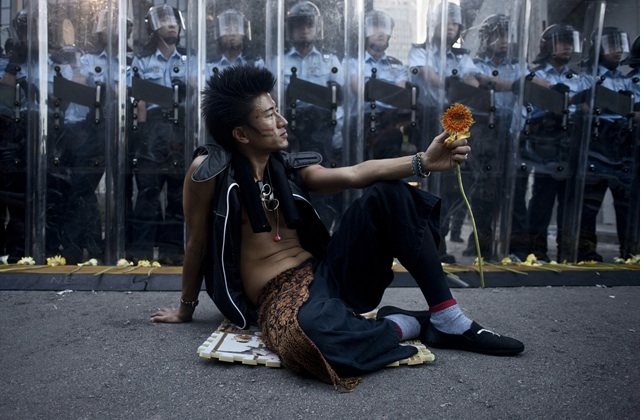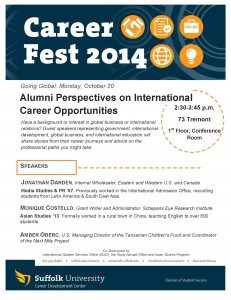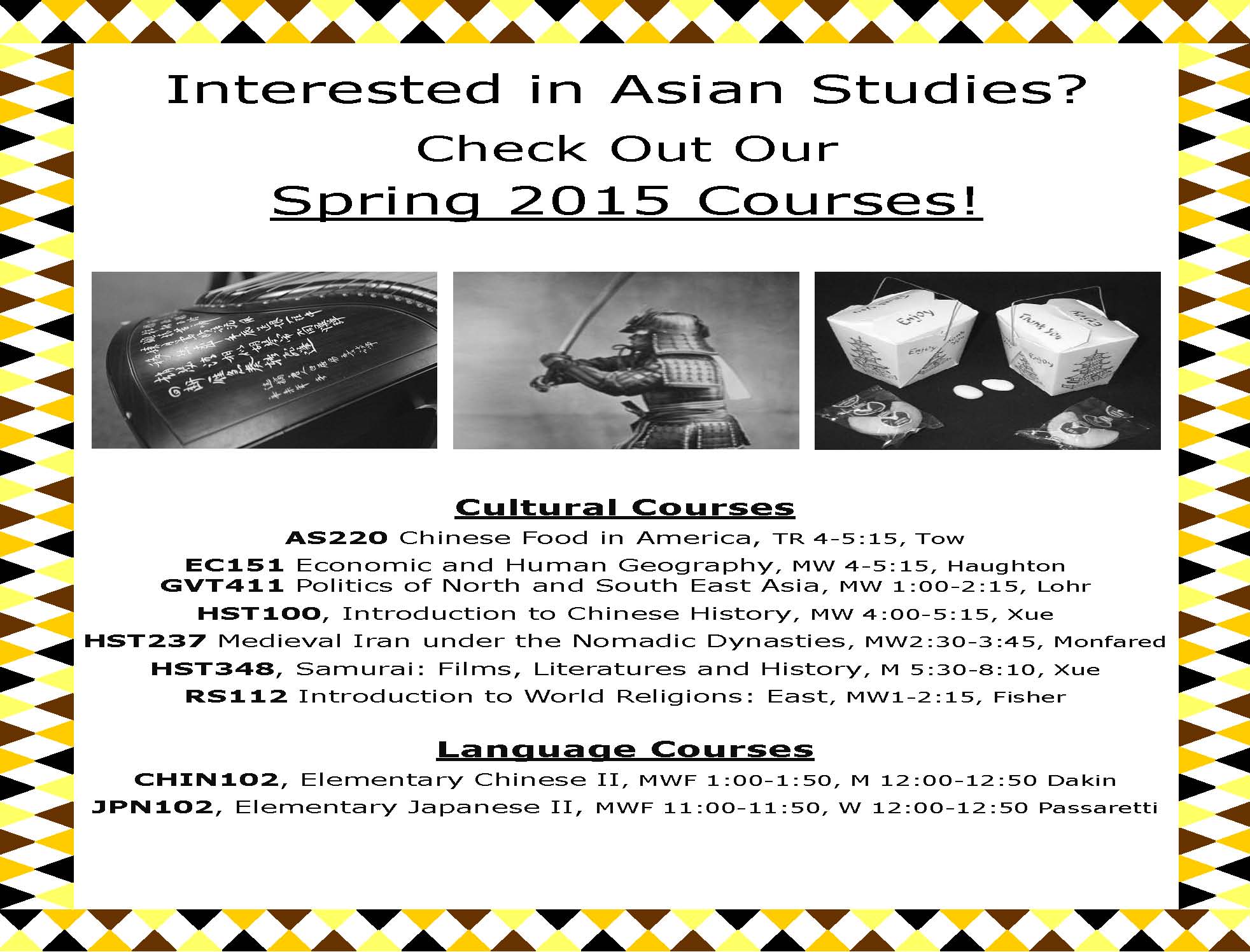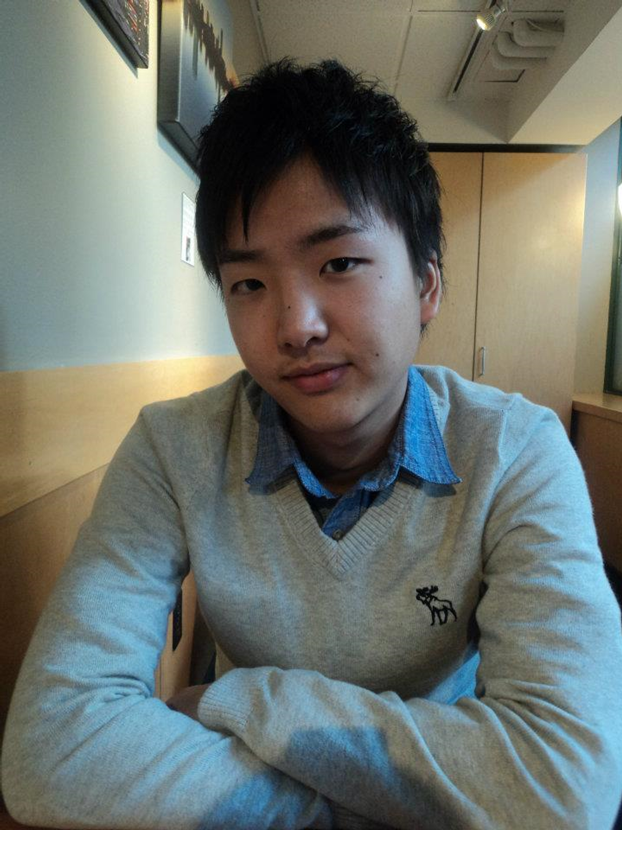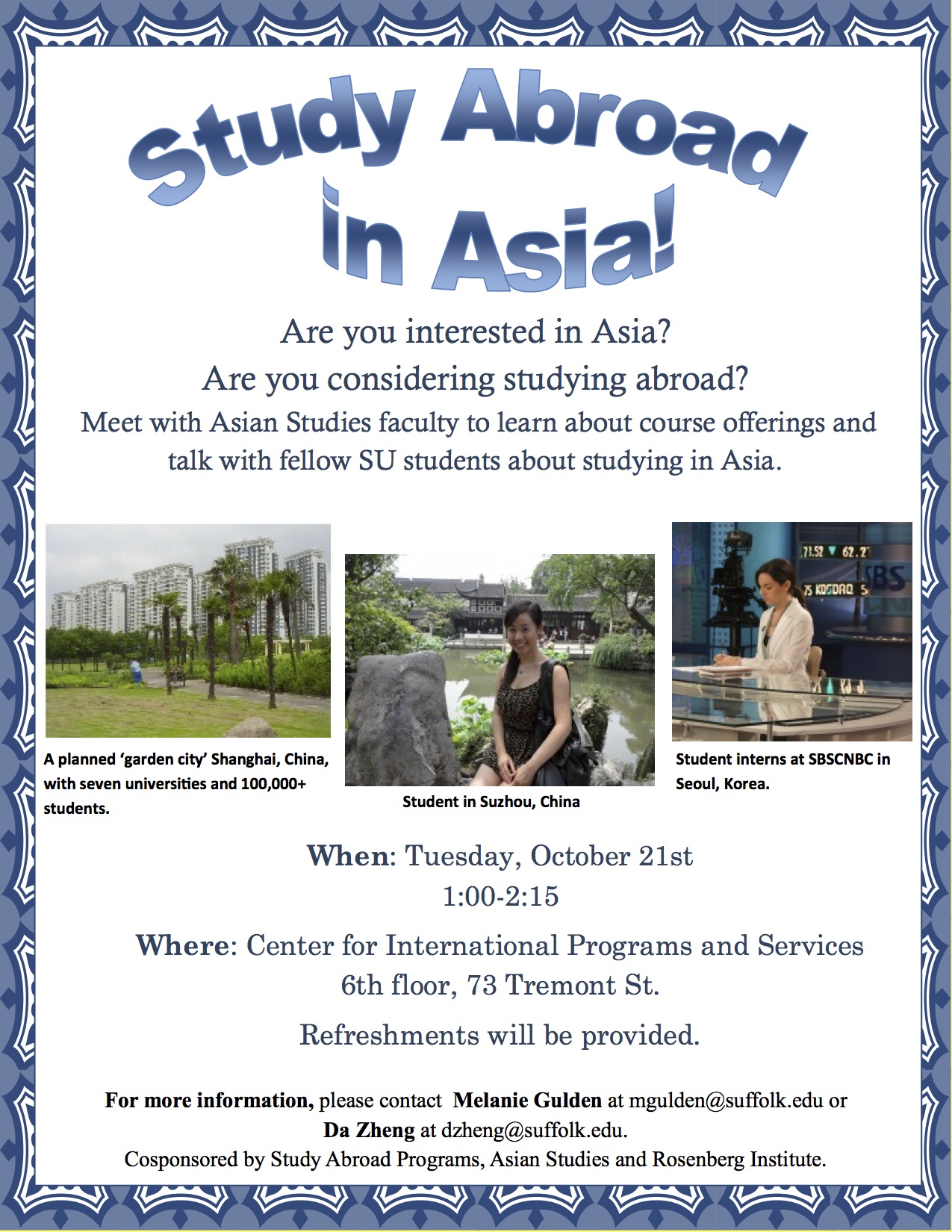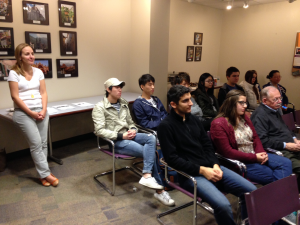Fulbright scholar’s talk on Bengali-Indian literary figure
In these two lectures on the significance of the creative genius of Rabindranath Tagore (1861-1941) and his development as a Bengali-Indian literary figure of universal stature in the contexts of the East and the West in the dawn of the twentieth century, Dr. Rupendra Guha Majumdar first, drew attention to the manifestation and acknowledgment of his poetry in the West in collaboration with the likes of W.B.Yeats, Sir William Rothenstein, Ezra Pound and Harriet Munroe . The award of the Nobel Prize for Literature soon after, in 1913, further enhanced Tagore’s image of a new world prophet and intellectual and drew large crowds to his humanist and, at times, controversial lectures. He spoke about the self-destructive consequences of myopic Nationalism that the juggernaut of Imperialism brought about at the cost of the peace and equanimity of the common man. Not only did he take a vital part in the independence movement against British colonialism in his own country, but he also protested against political exploitation in every corner of the world. Inspired by his philosophy and the qualities he projected, men and women—like C.F.Andrews, E.P. Thompson, Romain Rolland, Harriet Moody, Victoria Ocampo, W. B. Yeats, Ananda Coomaraswamy, and many more were drawn to him and cherished his friendship and vision. As a seer, poet, essayist, novelist, musician, educationist and late but expressive , septuagenarian painter, Tagore travelled all over the world and also invited the world to his humble courtyard in the creation of his university in Santiniketan, Bengal. Till the last he dreamt of a world in which the East and the West would combine their individual resources and wisdom to ensure a peace and a state of fulfilment that would surpass the conflicts of nations. But when he died in 1941 that dream was yet to blossom into reality.

Dr. Majumdar presenting a book to Suffolk.
